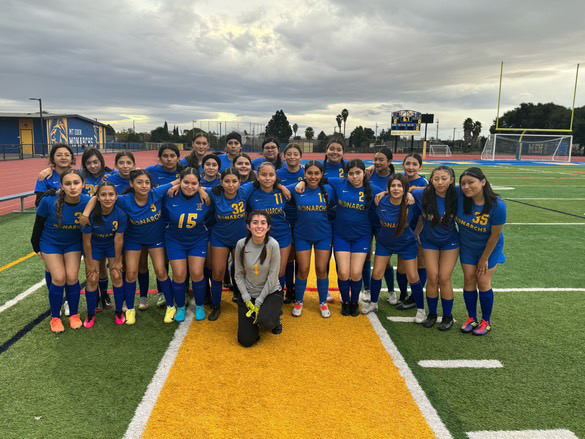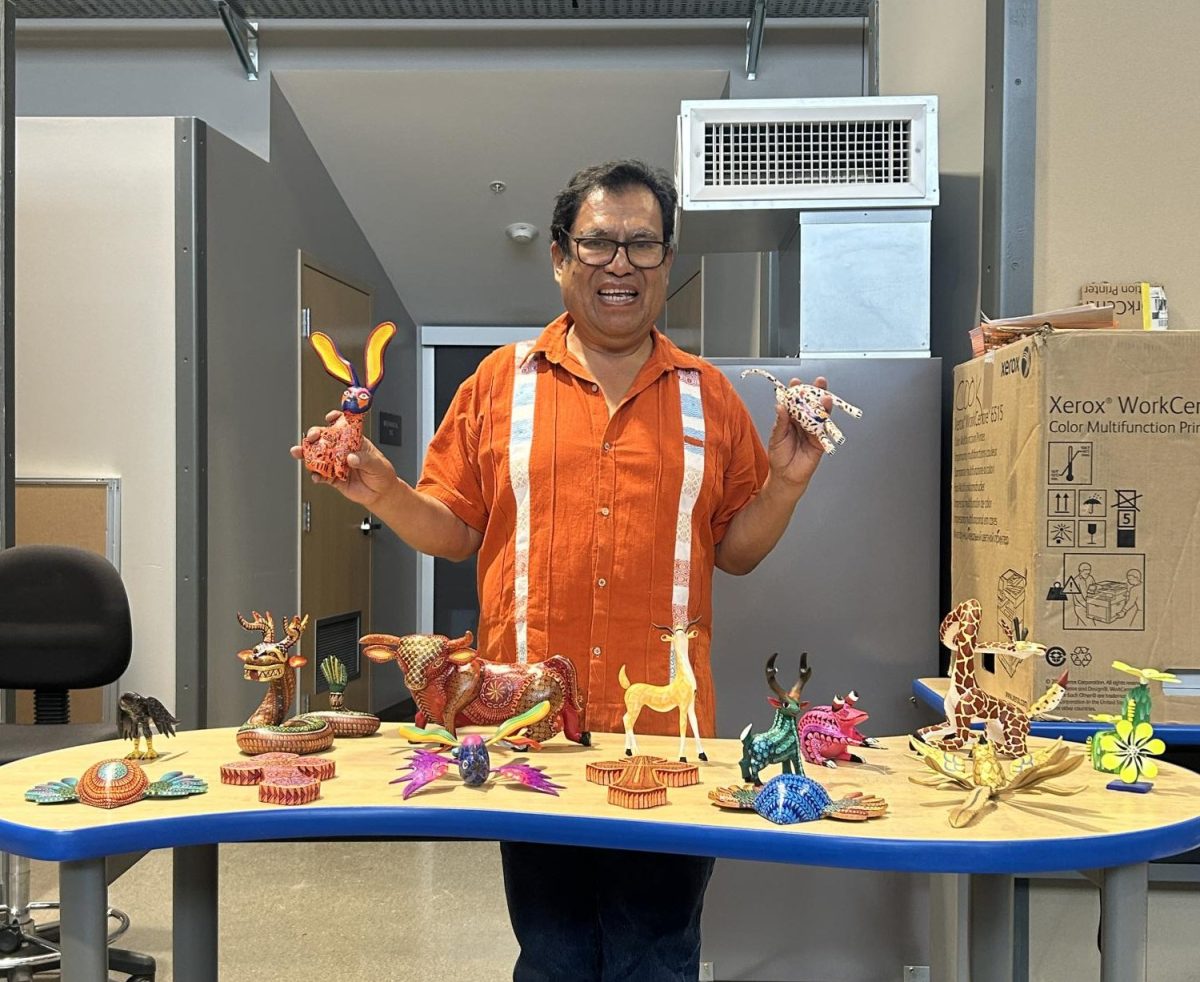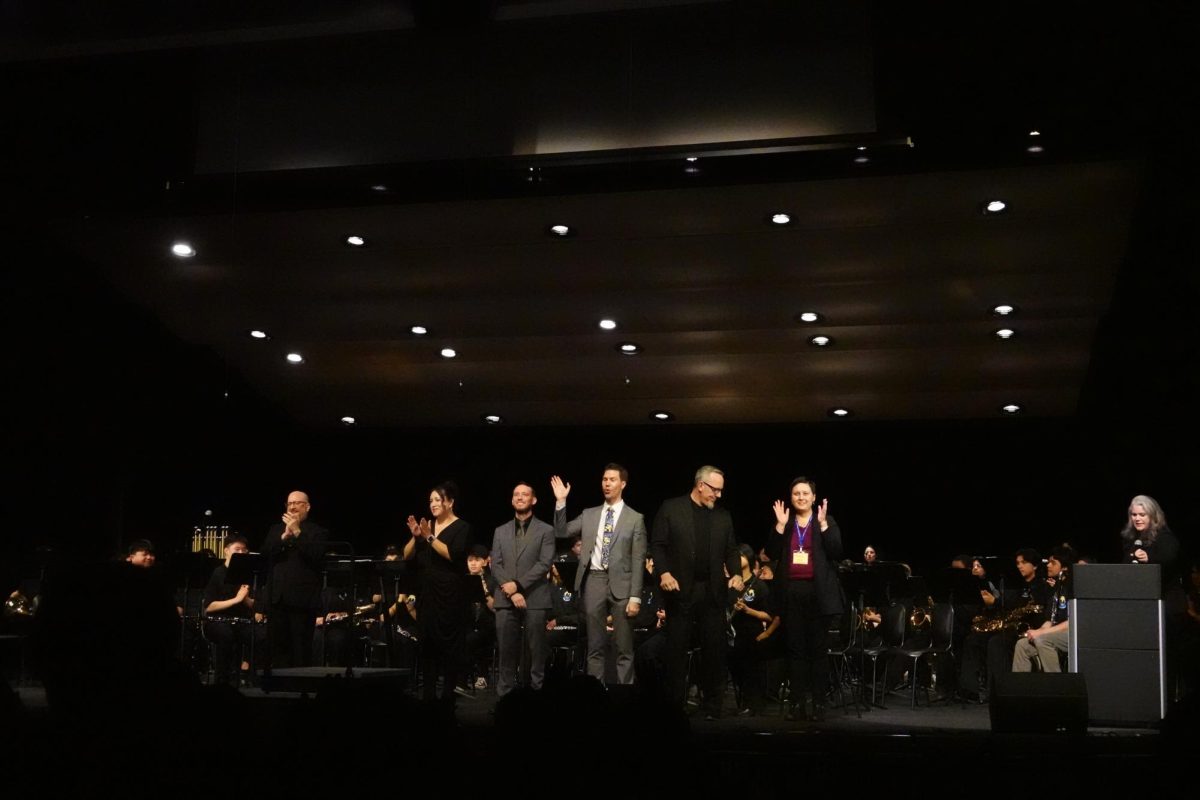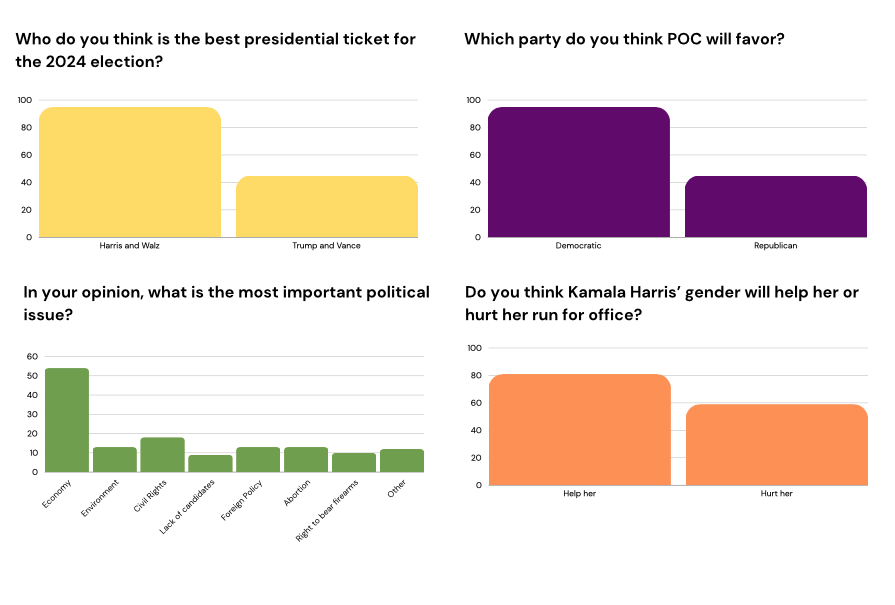Under President Donald Trump’s leadership, students and educators question what the next years will look like for students who rely on financial aid.
Trump limiting financial aid to students proves his inability to acknowledge the economic struggle students experience while pursuing higher education.
On average, in the U.S., a 4-year college education while living on campus costs around $27,146 per year. A working full-time student only makes an average of $34,464 per year. This is not nearly enough to sustain a balanced livelihood that includes the extra expenses of books, food, health insurance, and other necessary expenses a student has to make throughout the year.
Many students are familiar with financial resources available in the U.S. such as scholarships, Free Application for Federal Student Aid (FAFSA), and student loans to help with the costs of school. Presidents over the years have created programs that help forgive and prevent student debt using federal funding within our government. However, some believe these programs are a waste of federal money.
During Trump’s last presidential term, he made changes within his budget plan, limiting programs and risking the possibility of eliminating them. One example includes the Supplemental Educational Opportunity Grant (SEOG) which helps provide support to some of the most financially disadvantaged students.
His budget also cut into the work-study program which allows students to work while attending classes full-time. These changes within his budget cut student loans by more than $200 billion over the course of many years, making college even less affordable for students.
Today, our students face some of the most drastic political changes as we see many of our rights being taken away, including financial support from the government. Its removal puts many students in a difficult position.
“It has been so much harder to request for financial support and the economy just keeps getting pricier, making it hard to have even the basic living essentials,” said Henry Hincapie, a Chabot Alumni and current UCLA student relying on financial aid.
Hincapie said that many of his current peers have faced the consequences of the 2019 budget cuts and have had an increase in student debt, causing them to worry if they will have problems having secure credit in the future.
“The only way our people can make it out of the working class and continuous generational patterns is by being educated,” said Hincapie, “but if people are trying to completely restrict us from wanting to learn, I’m not sure what change we are willing to expect from the U.S.”
Staying informed of the continuing changes regarding financial aid is crucial for all students.



















